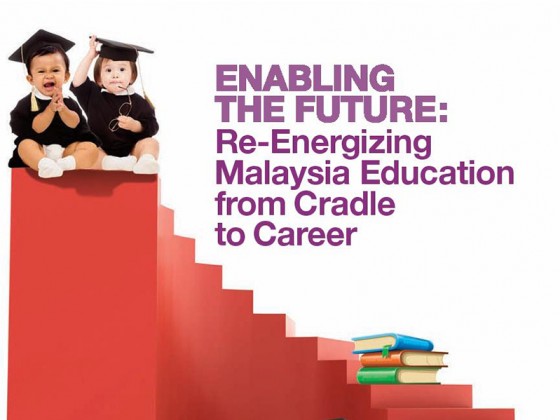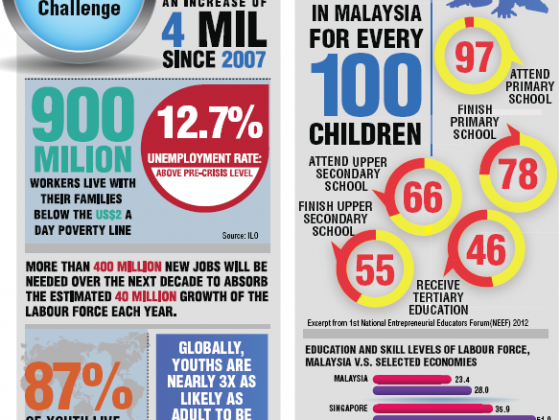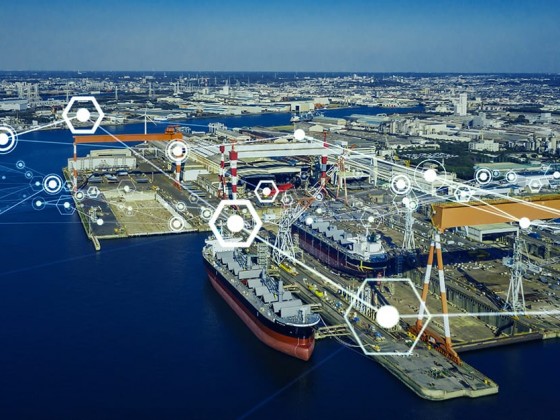by | Jasmin Baba, Abd. Rahim Abu Talib, Ph.D & Dr Badariah Salleh
In order for nations to be developed, Capacity Building and Talent Development (CBTD) in Science, Technology and Innovation (STI) is extremely crucial as these are now considered as the means to enhance the economic competitiveness of industrialised countries.
The emerging technologies have drastically changed over the years as the economic sector move from one phase to the next.There is also a need for capable personnel to be leaders in the new emerging technologies who are able to take charge of the business. Globally, the use of Information Communication Technology (ICT) in the digital era has made communications more accessible at high speed. This has increased the competitiveness of all industries. To be ready to face all these challenges, new breed of engineers and technical experts are needed in all technological sectors.
Malaysia has transformed its economic growth strategy from input driven to one that is increasingly driven by knowledge. This notable economic transformation could not be achieved and sustained without significant and consistent investments from the public and private sector in nurturing talent, as well as developing an ecosystem in which talent can develop and thrive. Recognising the importance of human capital development in driving the nation forward, Malaysia has committed substantial resources in improving and enhancing its talent pool over the last five decades. The Government has introduced various measures, focusing on the development of talent at all levels: primary education, through to secondary and tertiary levels, and onwards to the working level. These efforts are intended to cultivate and improve the talent and capabilities of Malaysia’s workforce, which forms the bedrock of the nation’s socioeconomic growth. The Human Capital Development through SRI is a critical enabler to help transformation of the workforce and workplace (Figure 2). This involves the implementation of strategic programmes parked under six key policy areas that include modernising labour legislation, focusing on up skilling and upgrading the workforce, strengthening human resource management, leveraging on women’s talent to increase productivity, undertaking a labour market forecast and survey programme, and enhancing labour safety net by introducing unemployment.
The challenge ahead should not be underestimated. According to the World Bank Malaysia Economic Monitor report titled, “Brain Drain” noted that the country has to work on improving its higher education and attract talent and skilled labour while managing the emigration of highly skilled people.
To bridge the skills gap, the Human Capital Development Strategic Reform Initiative (SRI) which comes under the Ministry of Human Resource (MoHR) is rolling out the implementation of strategic programmes parked under six key policy areas as mentioned earlier. The SRI has identified “quick wins” to address immediate key skills gaps in several sectors which include Oil, Gas and Energy (OGE), Electrical and Electronics (EE), Communications Content and Infrastructure (CCI), and Business Services as well as Outsourcing and Data Centers.










